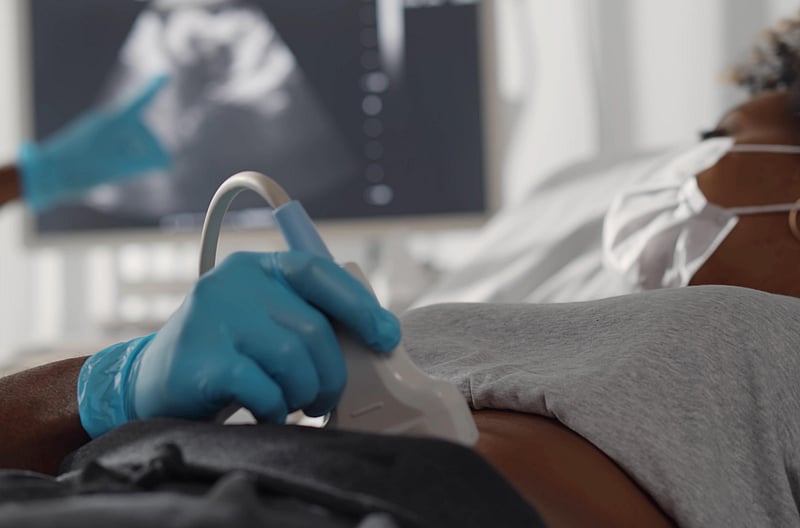(330) 876-1228
8507 Main StreetKinsman, OH 44428
(330) 876-1229

Unvaccinated pregnant women are putting themselves and their baby at risk for serious complications of COVID-19, according to new research out of Scotland.
For women who have the virus within 28 days of their delivery date, those complications include preterm births, stillbirths and newborn deaths. Infant deaths are four times higher among unvaccinated women, the study found. They are also more likely than vaccinated women to require time in an intensive care unit.
"There was no signal that vaccination against COVID-19 itself increased risks of complications like preterm birth or baby deaths in the womb or in the newborn period," said lead researcher Dr. Sarah Stock, a senior clinical lecturer at the University of Edinburgh's Usher Institute.
"Vaccinations are the safest and most effective way for women of all ages and backgrounds to protect themselves and their babies against the effects of COVID-19," she said. "And I'd certainly say that if you're at any stage in pregnancy or hoping to become pregnant, we would encourage vaccination against COVID-19."
The new study -- published Jan. 13 in Nature Medicine -- included data on more than 87,000 women in Scotland who were pregnant between December 2020, when vaccination began, and October 2021.
During that time, fewer pregnant women were vaccinated for COVID compared to other women. Of women who gave birth in October 2021, 32% were fully vaccinated, compared with 77% of 18- to 44-year-old women who were not pregnant.
Of nearly 5,000 pregnant women infected with COVID, 77% were unvaccinated, Stock said.
About 12% of infected pregnant women had one dose of the vaccine and 11% were fully vaccinated, the study found.
Among babies born to unvaccinated women with COVID, 22.6 per 1,000 died. That compares to a death rate of 5.6 per 1,000 in the general population, according to the study. Also, 16.6% of the babies were delivered prematurely, compared with 8% in the general population.
Whether these infant deaths and premature deliveries can be attributed to being unvaccinated for COVID can't be proven because researchers didn't have mothers' complete medical records.
Among women who delivered within 28 days of vaccination, infant death rates and preterm births were similar to those of Scotland's general population.
Of pregnant women with COVID who were admitted to an ICU, 98% were unvaccinated, researchers found.
While the data were collected before the emergence of the Delta and Omicron variants, Stock said she sees no reason why vaccination wouldn't be as effective in preventing COVID complications in pregnancy.
"We do believe that vaccination is the safest way, particularly when these numbers are rising with Omicron, that women should want to protect themselves and their babies," she said.
Dr. Timothy Rafael, from the Division of Maternal-Fetal Medicine at North Shore University Hospital in Manhasset, N.Y., sees the same vaccination shortfall among pregnant women in the United States.
"We need to be doing more to get not only our pregnant patients vaccinated and boosted, but also all reproductive-aged women, in that just under half of pregnancies in the United States are unplanned," he said.
These data support the importance of vaccination during pregnancy to prevent adverse outcomes associated with COVID-19 for both mother and baby, Rafael said.
"From the available medical literature, this is what we know so far," he said.
Pregnant women with symptomatic COVID have triple the likelihood of winding up in the ICU and one to two times the risk of death, according to the study.
It noted that vaccination does not increase the risk of future infertility, or of adverse pregnancy outcomes, including miscarriage, stillbirth, preterm birth, birth defects, smaller babies or newborn death. Side effects from the shot during pregnancy are similar to those in the general population.
More information
For more on COVID-19 and pregnancy, visit the U.S. National Institutes of Health.
SOURCES: Sarah Stock, MBChB, PhD, Senior Clinical Lecturer, Usher Institute, University of Edinburgh, United Kingdom.; Timothy Rafael, MD, Division of Maternal-Fetal Medicine, North Shore University Hospital, Manhasset, N.Y.; Nature Medicine, Jan. 13, 2022
